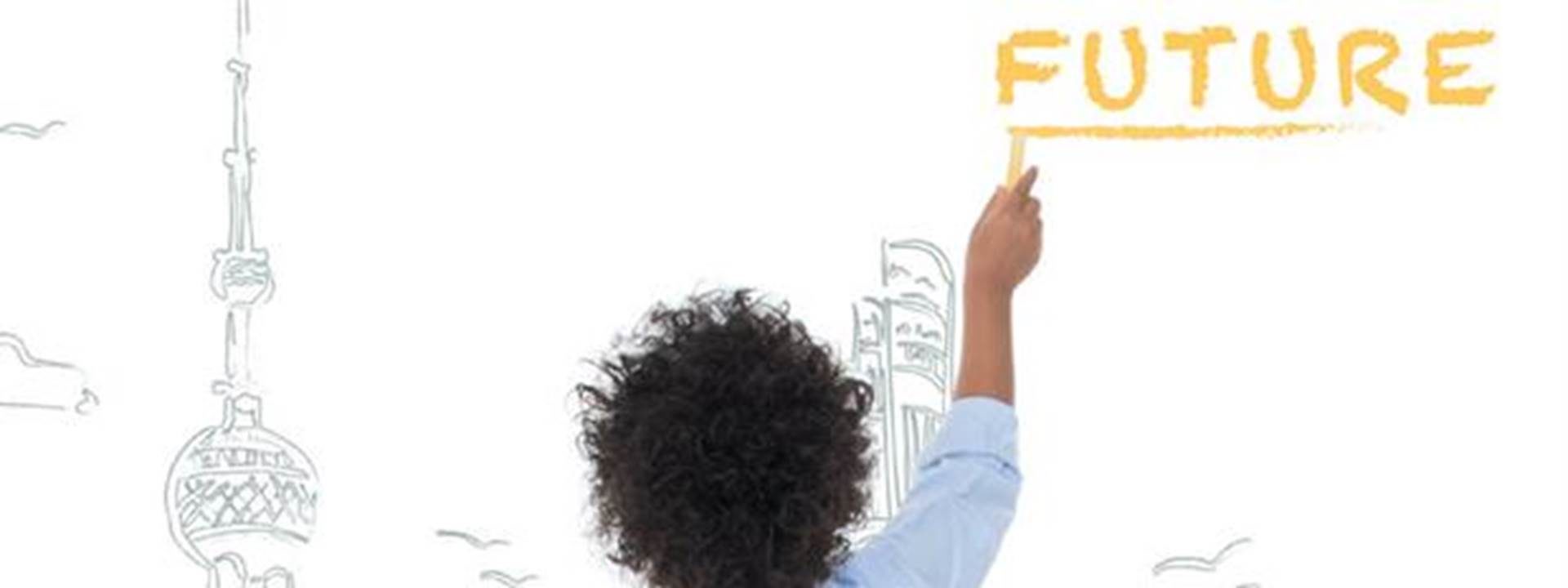DOES ADVERTISING REFLECT THE SPIRIT OF THE AGE?
news
Agency News
Published by
Charles Vallance
Date
13/02/2017
While our industry is trying hard to remove historical barriers to diversity, we are perhaps creating a new one where your date of birth is the most final barrier of all.
People, it is said, don’t change. As generalisations go, it’s a pretty reliable observation, although I’d add one caveat. People do change, but they change very slowly.
The problem with slow change is that, well, it’s slow. Slow change is boring, particularly for our industry and its neophile tendencies. So we ignore it or simply discount it from our calculations.
Often this makes little difference as we seldom look beyond a three-or five-year horizon. But there are times when our chronological myopia can lead to fundamental misjudgments.
One such error at the moment is the prevailing analysis of cultural and political change. We become guilty of our own narrative bias and fail to allow for the natural, gradual changes that the vast majority of people undergo over time.
This failure is nowhere more apparent than in political argument. As Benjamin Disraeli, or maybe Winston Churchill, or maybe Victor Hugo, reputedly said: “Any man who is under 30 and not a liberal has no heart; and any man who is over 30 and is not a conservative has no brains.”
Georges Clemenceau put it more personally: “Monsieur, my son is 22 years old. If he had not become a communist at 22, I would have disowned him. If he is still a communist at 30, I will do it then.”
The point both quotations make is that people tend to get more conservative with age. Certainly, in every election since 1964, this has been the case, with Labour voting strongest among the young and Tory voting strongest among the old.
This has led to much generational analysis both of the Brexit referendum and Donald Trump’s election victory. In both cases, it was undoubtedly the older demographic that swayed the outcome. Had either vote been restricted to a millennial audience, then the results would have been emphatically reversed.
So far, so good. But the analysis seldom stops here. It normally goes on to project these results into the future, assuming that the millennial generation will remain stuck in democratic aspic and continue to vote precisely as it did ten, 15 or 20 years earlier. When, of course, it won’t.
In fact, it is rather more likely to follow the pattern of previous generations, having gained a broader life experience and the perspective that goes with it.
There is another problem with chronological myopia. Not only does it have a narrative bias, it also carries with it a superiority complex.
There is an assumption that a millennial audience will come to a morally superior voting decision to a bunch of 50-, 60- or 70-year-olds.
Why should this be? You could argue that an older audience has more wisdom and common sense. Mark Twain, whom I’m paraphrasing here, captured this point rather well: “When I was 18, my father was so ignorant I could barely stand having him around. By the time I was 38, I was astonished at how much the old man had learned in 20 years.”
The issue of age myopia has become something of an agenda item in the pages of Campaign recently. Sir John Hegarty was interviewed on the subject in the 25 November issue and Rooney Carruthers wrote a great piece on the 45-plus creative for the 2 December edition.
Sadly, advertising must be one of the creative industries that is least kind to age – certainly, it seems savage in comparison to graphic design, architecture and film production. As John pointed out, it wasn’t always this way, referring to some of the greats such as Bill Bernbach and Colin Millward.
Anyway, having worked with both John and Rooney, they manage to get round the chronological challenge by acting their shoe size, not their age. The fact of the matter is that we are all insulated and shaped by the bubbles in which we live. And if we don’t see beyond these bubbles, they can eventually become ghettos where we trap ourselves, stifling both imagination and diversity.
While our industry is trying hard to remove historical barriers to diversity, we are perhaps creating a new one where your date of birth is the most final barrier of all.


